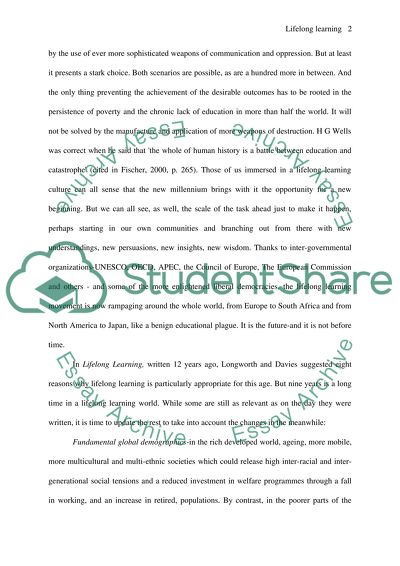Cite this document
(“Lifelong Learning Essay Example | Topics and Well Written Essays - 4500 words”, n.d.)
Lifelong Learning Essay Example | Topics and Well Written Essays - 4500 words. Retrieved from https://studentshare.org/social-science/1500652-lifelong-learning
Lifelong Learning Essay Example | Topics and Well Written Essays - 4500 words. Retrieved from https://studentshare.org/social-science/1500652-lifelong-learning
(Lifelong Learning Essay Example | Topics and Well Written Essays - 4500 Words)
Lifelong Learning Essay Example | Topics and Well Written Essays - 4500 Words. https://studentshare.org/social-science/1500652-lifelong-learning.
Lifelong Learning Essay Example | Topics and Well Written Essays - 4500 Words. https://studentshare.org/social-science/1500652-lifelong-learning.
“Lifelong Learning Essay Example | Topics and Well Written Essays - 4500 Words”, n.d. https://studentshare.org/social-science/1500652-lifelong-learning.


